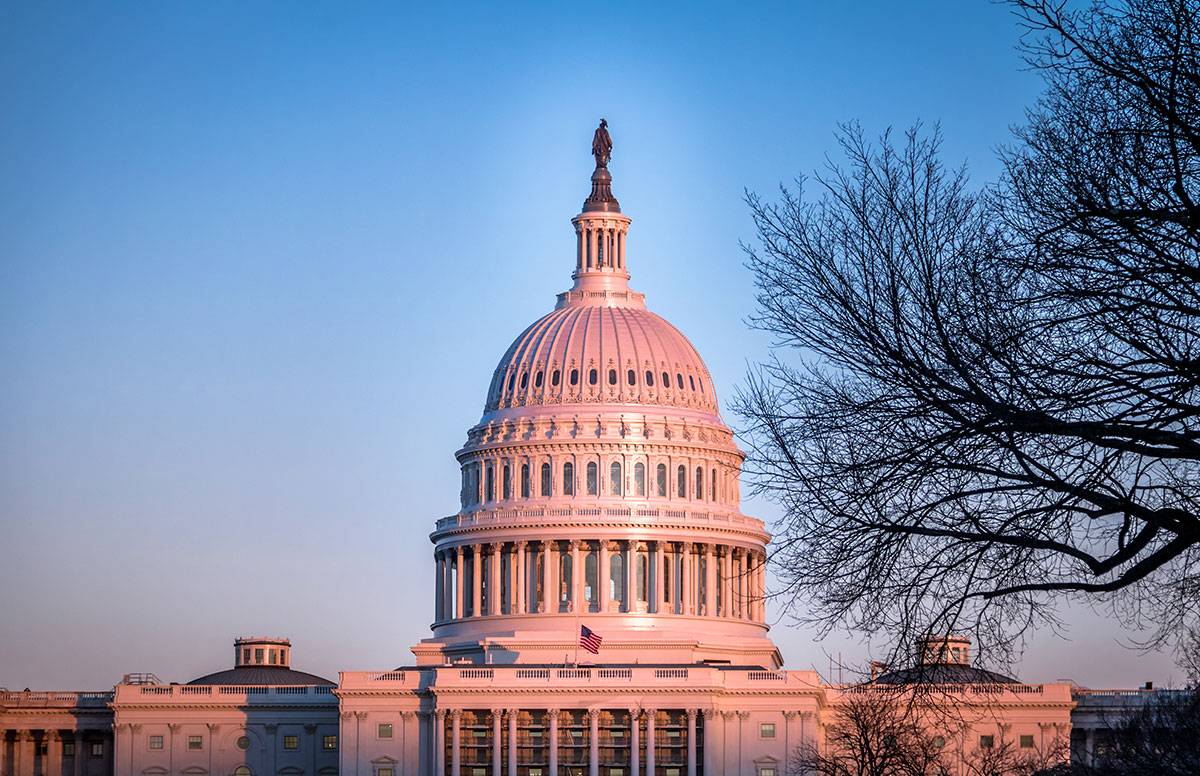What’s in the President’s Budget for Aging Services?
On March 9, the White House released and sent to Congress its FY 2024 budget summary, accompanied by a series of fact sheets. Program and funding details will be released on March 13. The President’s budget is never enacted as-is by Congress, but it is considered a good indication of the Administration’s vision and policy direction/priorities.
“We share President Biden’s goal of ensuring quality care wherever older adults call home. Funding is needed across the continuum. We hope we will find that addressed as more details emerge,” said Katie Smith Sloan, LeadingAge president and CEO, in a March 9 press release.
The proposed budget preserves Medicare’s solvency by raising taxes for high-income individuals. Several provisions in the budget indicate support for aging services providers and people using aging services, such as increased funding for more HUD Section 202 homes and an expansion of funding for Medicaid home and community-based services. Elements appear to support expansion of HRSA training programs for certain aging services professionals.
Some relevant highlights include:
- Housing. The budget request seeks to increase funding for key affordable housing programs, including new Section 202 Supportive Housing for the Elderly homes, new Project-Based Rental Assistance contracts, new vouchers, and additional HOME funding compared to FY22 funding levels. The request also seeks to almost triple tax expenditures for the Low-Income Housing Tax Credit and makes improvements to this program, including addressing right of first refusal issues and reducing the private activity bond financing requirement from 50 to 25%.
- Home and Community-Based Services. The President’s budget includes an ongoing commitment to expanding home and community-based services by proposing an $150 billion investment over 10 years with specific mention of supporting the workforce. We are pleased that the President is continuing his commitment to expanding access to these vital services which include home care, assisted living, adult day, and other vital services that allow those who choose to remain in the community. This proposal mirrors the Better Care Better Jobs Act that was reintroduced in the House and Senate last month; take action to support the bill here.
- Nursing Homes. The President requests $566 million for the discretionary CMS Survey and Certification Program, nearly a 40% increase above enacted funding, for nursing homes and other facilities’ health and safety inspection surveys. Although additional funding is allocated for survey and certification, there is no information included in the budget summary on additional funding for nursing homes to comply with survey requirements or for other uses. The budget summary also noted a robust agenda to “improve the safety and quality of nursing home care, including efforts to improve ownership transparency; address the backlog of complaint surveys and provide adequate funding to conduct nursing home inspections; increase the inspection of low-performing nursing homes via the special focus facilities program; and expand financial penalties for substandard facilities,” but provided no additional information or budget marks for these activities.
- Workforce. The budget summary indicates an awareness of the health care workforce crisis and includes some anticipated requests for increases in some existing programs. Specifically, the President requests $49.5 million more than the $350 million enacted last year for nursing education programs. A similar increase is also included to expand Registered Apprenticeship opportunities. Family caregiver programs are targeted for relatively small increases.
- Immigration. The budget requests $7.3 billion for the Office of Refugee Resettlement (ORR) to help rebuild the Nation’s refugee resettlement infrastructure and support the resettling of up to 125,000 refugees in 2024. Further, it includes a request for $865 million for U.S. Citizenship and Immigration Services to process an increasing asylum caseload, reduce the historically high immigration benefit request backlog, support the Citizenship and Integration Grant Program, and improve refugee processing to advance the Administration’s goal of admitting 125,000 refugees.
- Department of Labor. The President calls on Congress to require all employers to provide paid sick days. The proposed budget would provide resources to administer and support wage and benefit requirements, address the classification of independent contractors, and increase penalties for labor law violations. Access to paid Family and Medical Leave would also be expanded through a program administered by the Social Security Administration in the proposed budget.

 Update and Analysis: HUD FY26 Funding
Update and Analysis: HUD FY26 Funding